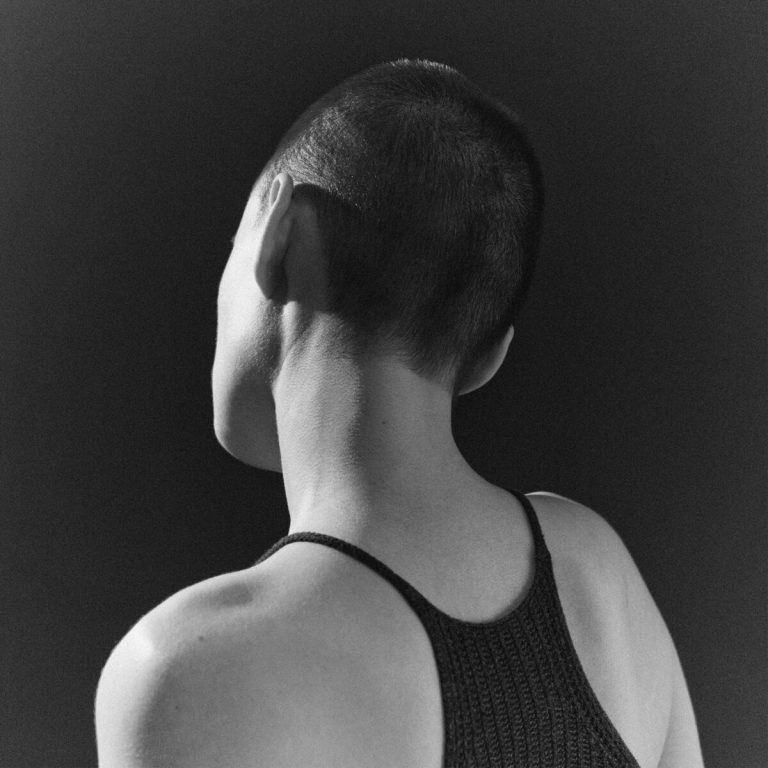Music is storytelling as much as it’s cathartic therapy for Ella Coyes. As Sister Ray, they hone a musical style steeped in traditional Métis music (which they grew up with at home) but also in conversational improvised live tales; Coyes spent years using audience feedback and repetition to make their songs solid forms from the vague shapes they were when arriving on stage. Whittled down, these songs are what make up the 10 tracks on their debut album Communion.
The conversation is still here though: Coyes spends most of Communion recounting a breakup, the time leading up to and after it, all with the tone of someone trying to figure out their place in the world. (It’s about the “shitty shit” as they concisely put it.) Communion‘s refreshing angle is that it doesn’t ever try to point the finger, but instead to question motive and process guilt. It can often feel like listening to a close friend unravel their thoughts between the tears of a still fresh break up, or like Coyes is reciting a sort of transcript of final conversations with an ex. “Split the money then I’ll split town / You can take the Christmas tree / All I want is the joint you owe me and the bedsheets / I want to sleep comfortably,” they request on the glistening “Visions”.
The words ring most pointedly when Coyes seems to be reflecting back, dissecting words uttered that now seem to have heavy double meanings. “You always said you’d give me something to sing about / Was that a promise or a threat? / It doesn’t matter now,” goes “Reputations”. “Jackie In The Kitchen” lands like a heavy weight during its bridge where Coyes confesses to almost kissing someone else with their partner in the next room. Contrasting the swaying, sometimes feathery tone the track has otherwise, the moment hits like a gut punch and reminds you that these words are all tangled in and stemming from real life experience.
Producers and backing band Joe Manzoli and Jon Nellen (of ginla) are careful to always let Coyes be the fixation, her words the hook, line, and sinker. The duo play with a careful consideration, but make sure the detail is crisp and clear when it needs to be: the patient snare on “Good News”; deepening piano chords on “Justice”; or the misty and airy distortion they wrap Coyes up in on “Crucified.” That Coyes ends up sounding a little like Adrianne Lenker on tracks like “Visions” isn’t a surprise, but there’s also an echo of (a somewhat less stark) Julien Baker on the sparse and reverberating “Power”.
Where the album loses impact is Manzoli and Nellen perhaps playing it a little too carefully, and come the back half of the record more sonic avenues would be welcome. It’s understandable to not want to disturb the storytelling here, but Coyes isn’t always stilling, leaving room for additional features to embellish them better. And that “I Want To Be Your Man” feels like a chord and a crescendo away from simply being “Creep” shouldn’t be the song’s most memorable feature.
For the most part, though, these songs and stories feel undoubtedly like no one else other than Coyes. They are the processing of emotions and consequence. “Do I seek justice or merely my own comfort?,” Coyes asks poignantly at the midway point of the album. Communion is the attempt to find some kind of answer.

